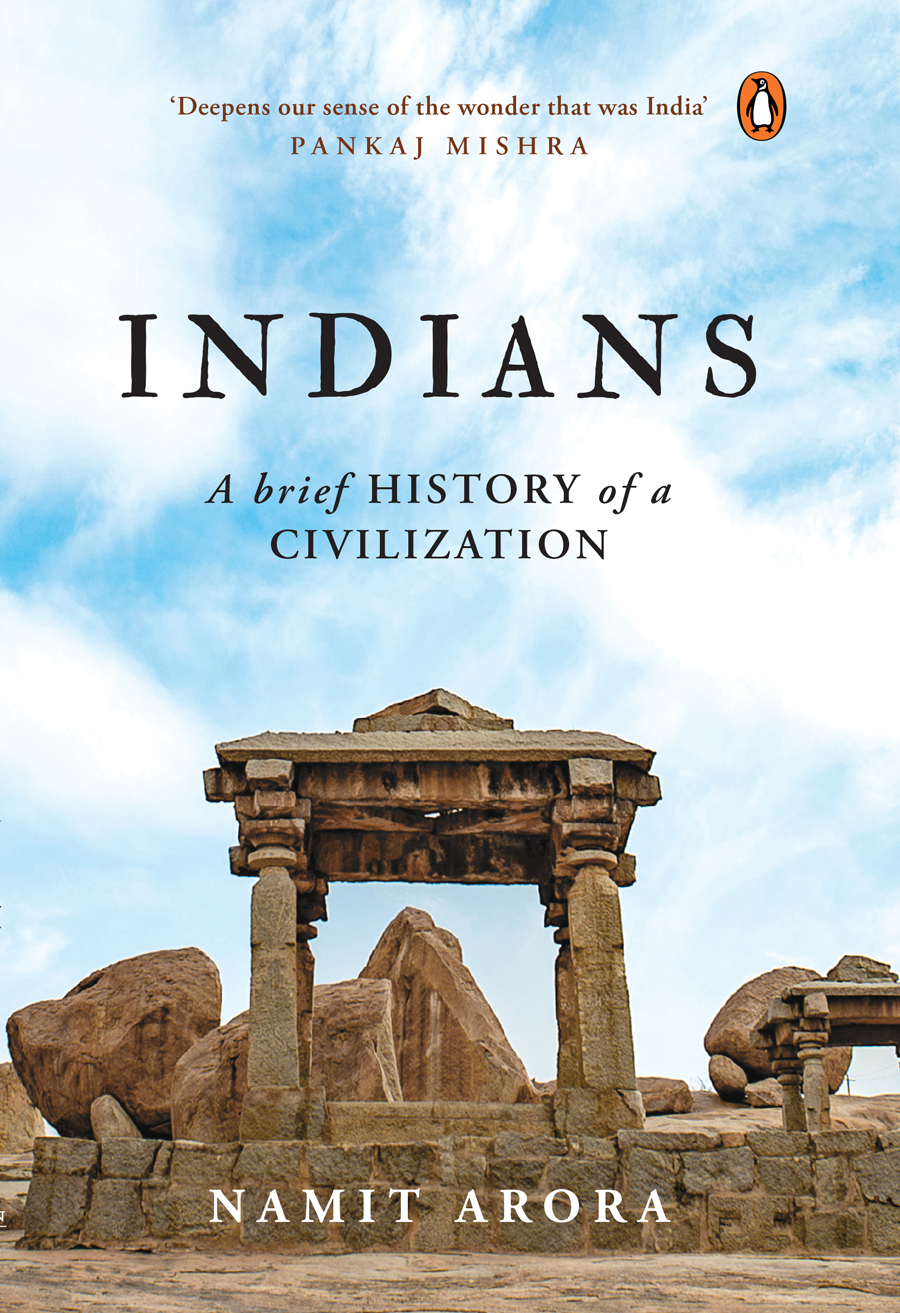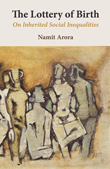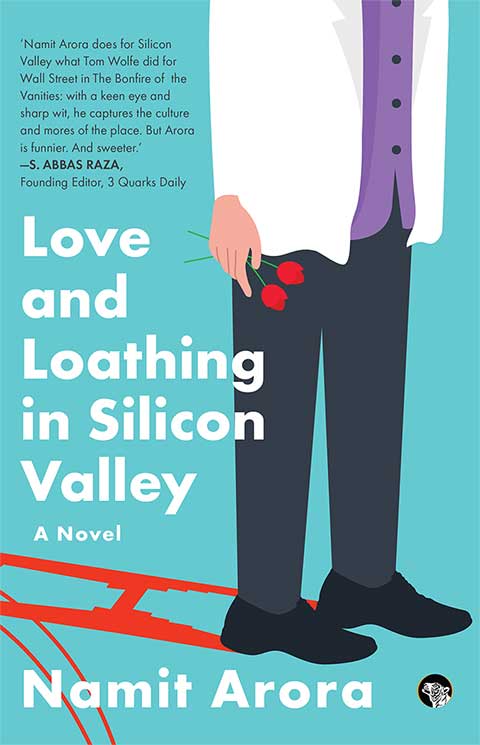Bihar Sharif, Bihar, India (2018)
Bihar Sharif is the headquarters of Nalanda district in Bihar. Its name is a combination of two words: Bihar, derived from vihara (meaning monastery), also the name of the state; and Sharif (meaning noble). The city is a hub of education and trade in southern Bihar, and the economy centers around agriculture supplemented by tourism, the education sector and household manufacturing. The ruins of the ancient Nalanda Mahavihara are located near the city. Under the Pala Empire, Odantapuri, a major Buddhist monastic university was built at the site of Bihar Sharif. In c. 1200, the army of Bakhtiar Khilji defeated the city and ravaged its monastery. It was later ruled by other Muslim dynasties and then by the British until Indian independence in 1947. The city has important Buddhist, Hindu and Muslim heritage sites and landmarks. —Adapted from Wikipedia |
|||
Odantapuri ruins (more) |
Ex-Buddhist monastry |
Occupied by the Turks |
|
Buddhist monastic spaces |
Bihar Sharif (more) |
Rain soaked fields (more) |
|
Malik Ibrahim tomb (info) |
First governor of Bihar |
Legendary Sufi saint-warrior |
Surveying the ruins |
"I spend half a day at the Nalanda site museum before returning to Bihar Sharif. I wander its streets, picking on a roasted corn on the cob daubed with salt and lemon. Buffaloes in narrow lanes vie for space with people and noisy, smoke-belching vehicles, including ornately decorated autos. With over three lakh people, minimal town planning and hardly any municipal services, Bihar Sharif is about as unlovely as it gets: open drains, fetid smells, rotting piles of refuse and hot steaming discs of bovine poo. I see no parks, pavements or public squares. The exteriors of most buildings have been left unplastered and unpainted, accentuating the town's shabby look. I wonder how all this deflating ugliness might impact the psyches of local men and women." "Amid all the chaos are vendors with cartfuls of juicy malda mangoes and fresh vegetables. Congested market lanes throng with people, suggesting enterprise and nascent consumerism. I see two old-fashioned single-screen cinema halls still going strong and Hindi film posters stuck on walls all over town. A Big Bazaar store has opened too. Next to it is perhaps the first pizzeria in town, with a bubbly young woman at the counter trying out her English with customers. Countless ads for coaching classes promise 'advanced reasoning skills' and success in competitive exams in English, maths, medicine, railways and accounting—no doubt the surest ticket out of town for youngsters who acquire them." —From Namit Arora's Indians: A Brief History of a Civilization. |
|||
 |
 |
 |
 |
 |
 |
 |
 |
 |
 |
 |
 |
Selling snails |
Selling snails |
Selling fish |
Selling fish |
 |
Malnourished child |
Coaching classes |
A movie poster |
 |
 |
 |
 |
Designed in collaboration with Vitalect, Inc. All rights reserved. |



























